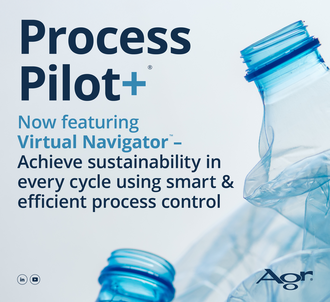North American plastics recyclers are confronting dual, mounting challenges: record-low prices for virgin plastic driven by expanded petrochemical production, and a sharp increase in imported recycled plastics, particularly from overseas. While international supply chains play a role in the global recycling landscape, the surge in foreign-sourced material raises serious concerns about the strain it places on the integrity of the domestic recycling system.
The numbers are striking. In just two years, recycled PET (rPET) imports to the U.S. rose by over 65%, from 150,000 metric tons in 2022 to more than 250,000 metric tons in 2024. Imports from Asia now represent 44% of this volume, up from 20% in 2020.
These dynamics are influenced, in part, by the fact that imports of both virgin and recycled plastics are exempt from the universal and (now suspended) reciprocal tariffs imposed by the Trump administration.
Unlike materials processed by APR members, many imported plastics lack consistent verification standards and accountability in processing practices. This disparity threatens to undermine the value of domestic recycled content and discourages further investment in U.S.-based collection and processing. It further complicates efforts by brand owners and manufacturers who are working to meet ambitious sustainability goals with verified, high-quality post-consumer recycled content (PCR) sourced from North America.






